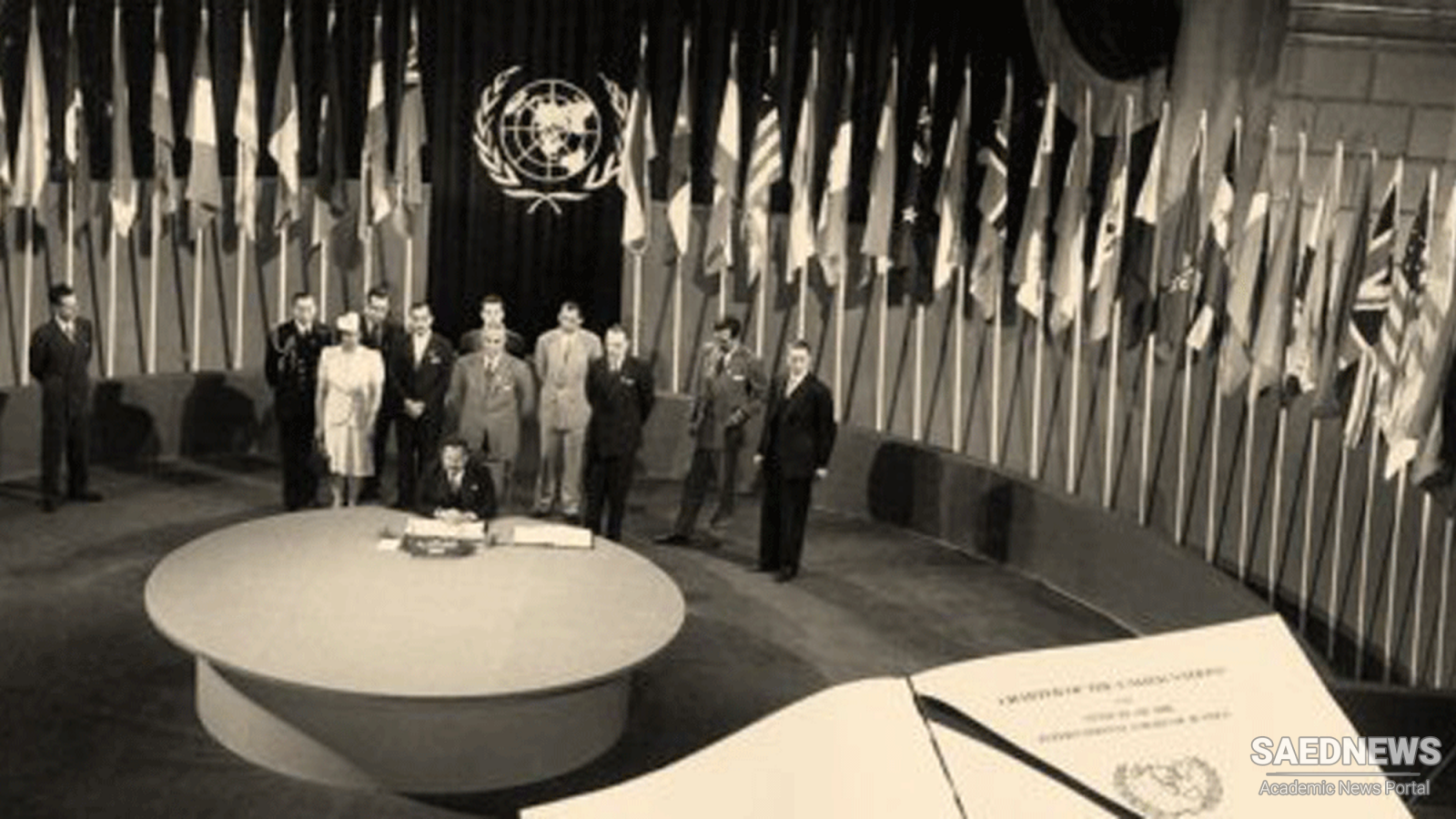At last the Conference was able to get down to its serious work. Discussions were divided among four main commissions: on general provisions, on the General Assembly, on the Security Council and on judicial organisation. These were. committees of the whole, on which every state was represented, and they did much of the substantive work of the Conference. There was also a steering committee, consisting of the heads of all delegations, which decided all major questions of procedure and organisation. There was a smaller executive committee, including the heads of fourteen delegations, which dealt with more immediate and detailed questions of organisation and made recommendations to the Steering Committee. Finally there was a co-ordination committee, which (with the assistance of an advisory committee of jurists) examined the texts proposed by each committee to secure uniform terminology. But much more important than these official bodies were the frequent meetings between the great powers, to which all the major differences were remitted, and which indeed effectively controlled the Conference - for the smaller states knew that in the final resort the organisation could not come into existence against the expressed views of the great powers. At first these meetings brought together only 'the sponsors' - the United States, the Soviet Union, Britain and Chin::!. But on 4 May France was invited to join the group as well. This group considered all the main proposals and amendments of other delegates, announced whether they could be accepted, and even proposed their own amendments to the original Dumbarton Oaks draft. It was agreed almost from the beginning, at a meeting of the heads of delegations on 27 April, that the agenda would be the Dumbarton Oaks proposals, as supplemented by the Crimea Conference and by the Chinese proposals agreed to by the sponsoring governments, and the comments thereon submitted by the participating countries. On 5 May the sponsoring countries put down a series of new amendments to Dumbarton Oaks which were also added to the agenda, and on 11 May the sponsors proposed two more amendments. This procedure represented a huge advantage to the sponsoring countries.


 San Francisco Conference and Ratification of UN Charter
San Francisco Conference and Ratification of UN Charter














































